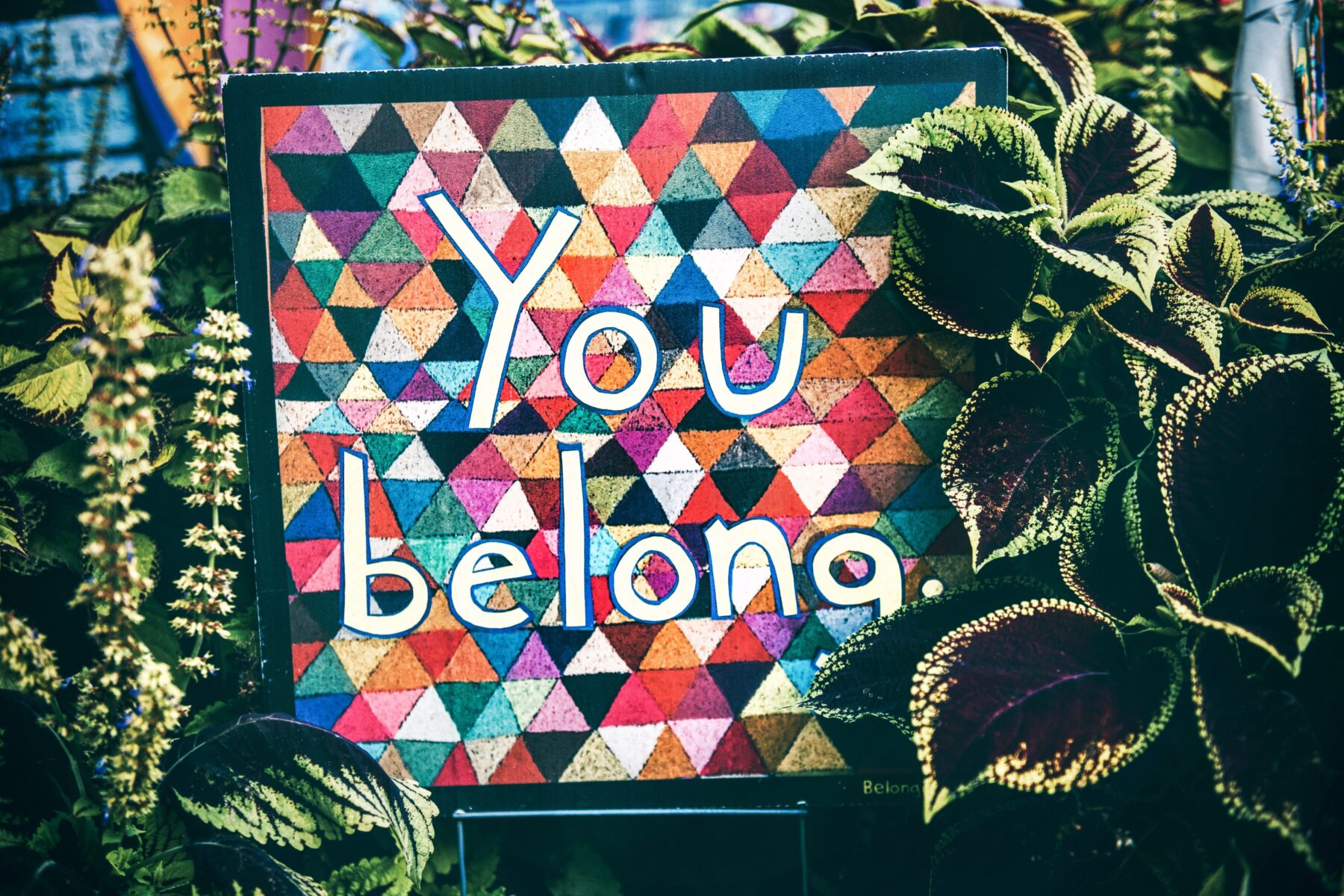Ever since Jesus reached out to heal the blind, touch the lepers, and command a man to pick up his mat and walk, Christians have influenced how disability is viewed culturally and the ways individuals with disabilities are included in society. Advances in neuroscience and biological science have helped us know more and more about the ways God has designed us. So how do we, as a church, integrate all the people who were made in God’s image so that our churches truly reflect God’s kingdom here on earth?
These two statements together actually form two different, and necessary, models for considering the subject of disability. One is the medical model, which strives to find causes and/or cures within the body. It is an important model of care—where there is pain, we should minister to it. The other approach is the social model, which pays attention to how society socializes people with disabilities. As a church, we tend to focus a lot of effort into the medical model, without investing the same degree of energy into the social model.
At the Faith and Science Conference, hosted by BioLogos, Dr. Lamar Hardwick challenged churchgoers to engage more with the social model and to recognize disability as part of the diversity, dignity, and justice conversation in their congregations.
“What does it mean to be human?” Dr. Hardwick asked. “For Christians, we have to think theologically about what it means to be human. There are 61 million adults in the United States with a disability. The largest minority group in the United States are persons with disabilities.”
According to Dr. Hardwick, Jesus changed the lens humanity uses to see people with disabilities. In the story about the man born blind in John 9, Jesus changed the question from “Why can’t this man see?” to “How can God be seen” through this man? This shift turns our attention from what we think might be “wrong with” a person to witnessing the glory of God in each and every person.
“We experience God in and through the bodies God gave us,” Dr. Hardwick shared. “Persons with disabilities are living an experience of God that is vastly different from those who are able-bodied. It’s healthy for the church to include that because it gives us a fuller picture of who God is and God’s creative genius.”
Dr. Hardwick pointed to Moses’ protests to God in Exodus 4:10-12, in which Moses argued with God about his speech impediment. God replied, “Who gave human beings their mouths? Who makes them deaf or mute? Who gives them sight or makes them blind? Is it not I, the Lord? Now go; I will help you speak and will teach you what to say.” Traditionally in Scripture, God doesn’t bother much with the “Why” questions. Instead, God asks us “who”—who do you see, do you see the image of God in the person before you?
“We are responsible as Christians to help those with disabilities to understand that they are intrinsically valuable, far more valuable than the ways that society has treated them. They are valuable and have dignity because they are created in the image of God.”
Dr. Lamar Hardwick
Decentering God’s Design
One way to stretch our understanding and appreciation for God’s design in humanity is to “decenter humanity in the discussion of design,” according to Dr. Hardwick. Why should we limit our understanding of God’s design to humanity? What can we learn by observing God’s handiwork in the rest of creation?
“There are birds that have wings that do not fly. What does that say about God’s creative genius?” Dr. Hardwick asked. Do the eagles and hawks look down on the ostriches and penguins for their flightlessness? No, they are celebrated members of God’s creation.
Humanity needs to surrender the idea of independence as the ultimate goal in the conversation around disability, according to Dr. Hardwick.
“None of us are independent,” he said. “We are never going to be totally independent, therefore disability cannot be described by our independence.” Creation itself speaks against this idea of independence—it is not good for man to be alone. We need each other. We’re designed to be social creatures.
Our human experience is one of dependence, from the moment we are born, and we are dependent upon one another in ways that are different from other species. “Humans are born with mobility challenges,” said Dr. Hardwick. We don’t expect babies to get around by themselves—we make accommodations for them. “When a horse is born, a horse walks. Humans on the other hand have to grow into our mobility.”
The Whole Body of Christ
When the neurotypical and able-bodied majority fails to see families with special needs, the neurodiverse, and those with disabilities, we miss entire appendages in the body of Christ. But becoming a more inclusive space takes more than just looking around and extending an invitation to the rest of the body.
“There’s a difference between being invited vs. being included in the church,” said Dr. Hardwick. “Being invited is sharing space, being included is shaping space.” If we’re serious about creating a church community that represents the image of God, we ought to ask people on the fringes to share their experiences and weigh in on central aspects of our gathering. What barriers to entry are we raising without knowing it? Where are we blind to the needs of our fellow believers?
Paul exhorted his fellow believers in Corinth regarding the body of believers, “But God has put the body together, giving greater honor to the parts that lacked it, so that there should be no division in the body, but that its parts should have equal concern for each other. If one part suffers, every part suffers with it; if one part is honored, every part rejoices with it. Now you are the body of Christ, and each one of you is a part of it” (1 Corinthians 12:24-27 NIV).
“Families with special needs and disabilities are fighting fights you know nothing about,” said Dr. Hardwick. “It’s our job to adjust our pace and be present to them, and not put up any additional barriers.”





 Copyright
2024
Root and Vine
Copyright
2024
Root and Vine